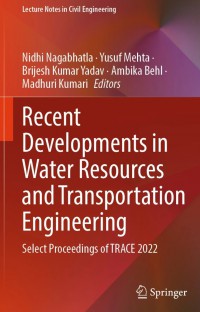Climate and Water-Related Disasters and Eco-DRR (Disaster Risk Reduction) Sensitivity in Island Nations: Overview Analysis

Atmospheric, geological, or hydrologic natural hazards occur at a variety of scales, from local to regional levels. These hazards lead to disasters when combined with vulnerability conditions and inadequate measures to mitigate the consequences. Disaster risk reduction (DRR) is a proactive approach aimed at reducing disaster risks by systematically analyzing the multiple factors that contribute to disasters. Integrated DRR involves building resilience in communities by (a) enhancing capacity building and knowledge sharing; (b) implementing mechanisms like early warning systems or solutions that can support the prevention of loss of lives and assets; (c) offering policy advice at the intersection of natural and social sciences, other areas (culture, education, communication, etc.); (d) boosting collaboration with key actors, including governments from national, state, and local level, civil societies, academia, and international organizations. An ecosystem-based approach to disaster reduction (Eco-DRR) has gained much attention around the world. The vulnerability of small island nations to natural hazards is high, and the consequences of disasters are devastating. Due to geographic location and limited resources, islands are highly susceptible to natural hazards such as hurricanes, water scarcity, earthquakes, tsunamis, and volcanic eruptions. The impact of these disasters can be long-lasting and far-reaching. In this synthesis, to highlight integrating ECO-DRR contributes significantly to reducing disaster risks. Effective ECO-DRR remains crucial for island communities to build resilience and prepare for the potential consequences of disaster impacts. In addition, stakeholders in these nations require systematic efforts to assess and manage direct and indirect factors that exacerbate the effects of disasters, such as resilient infrastructure in the water sector and other sectors.
